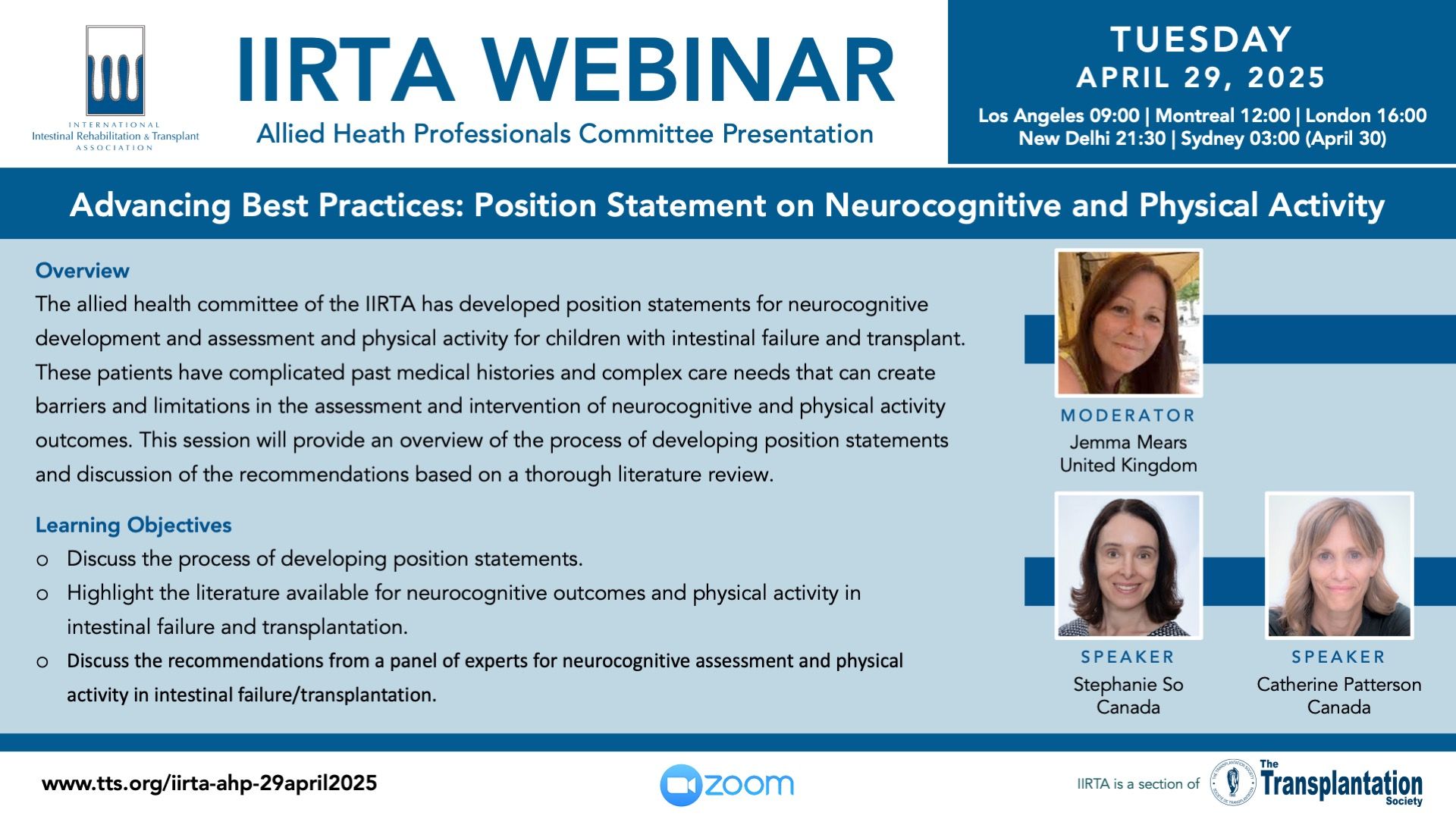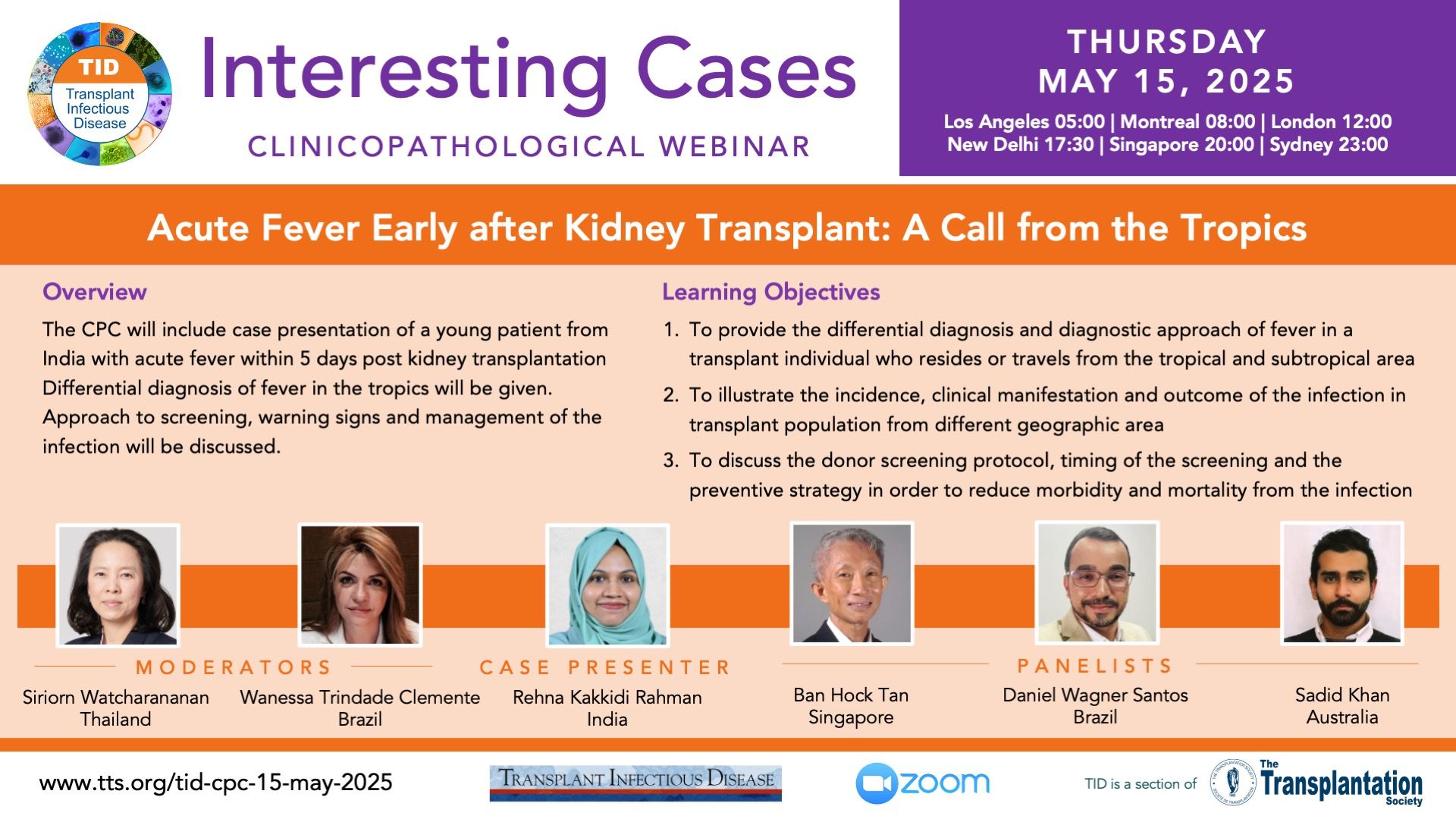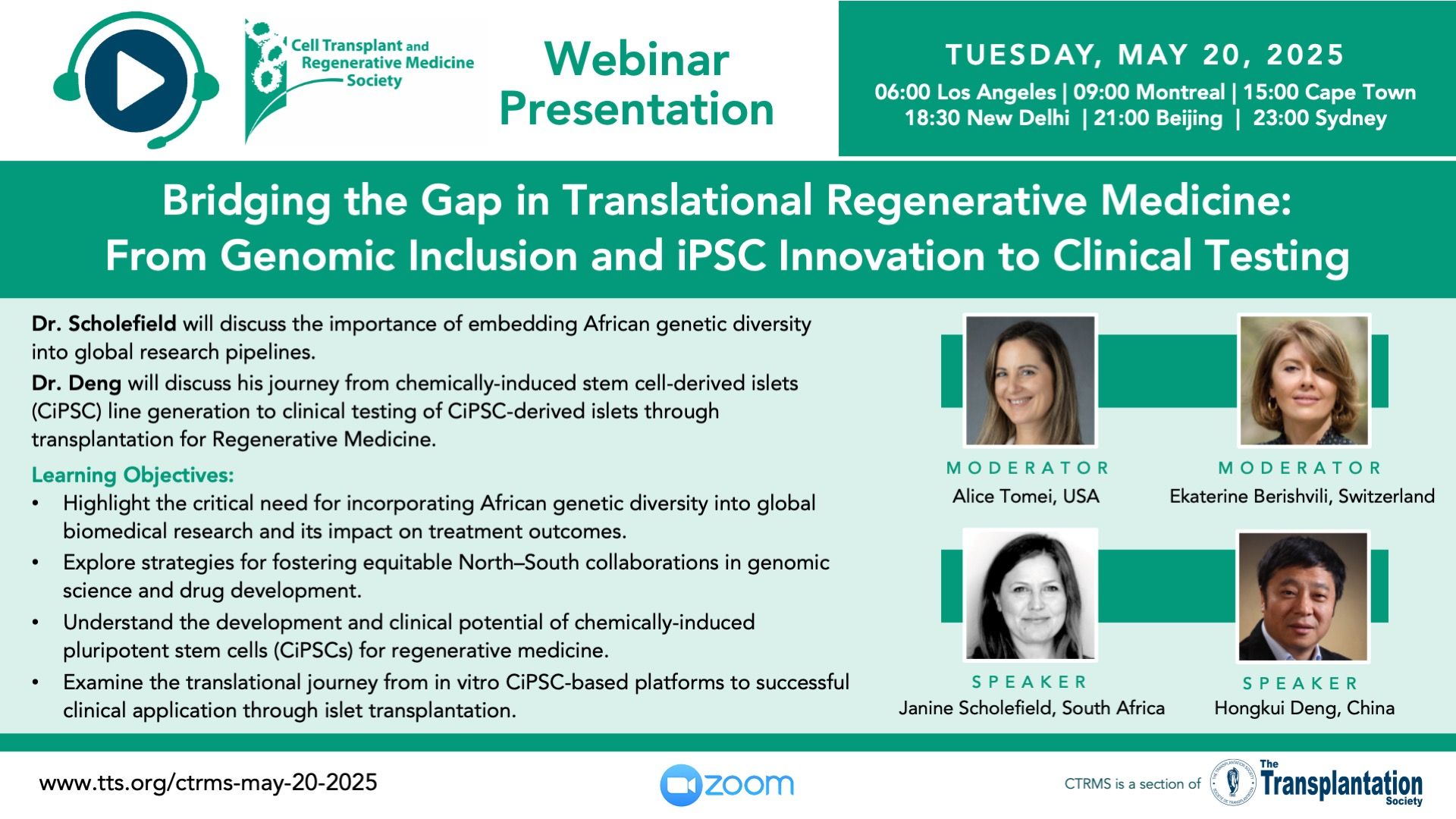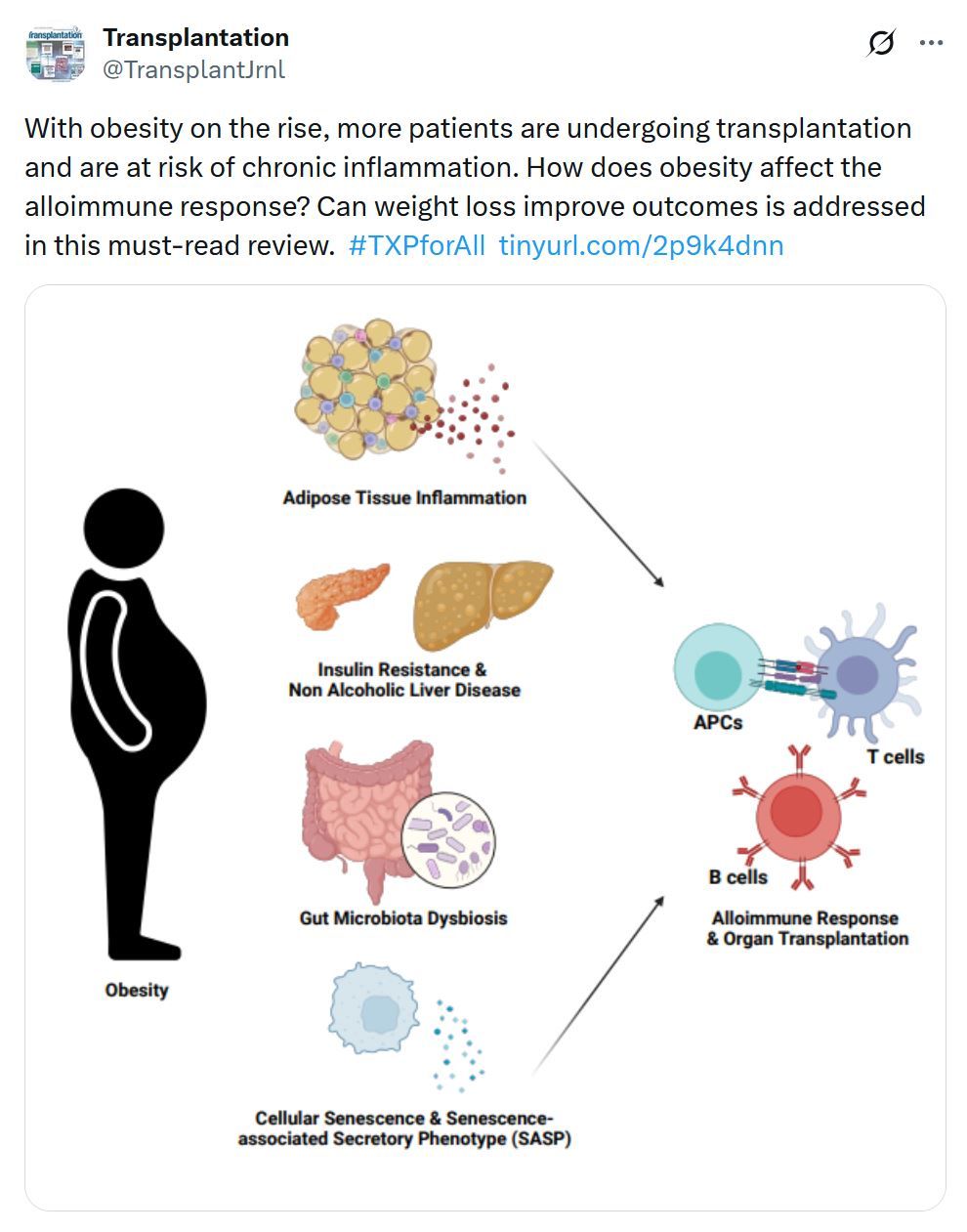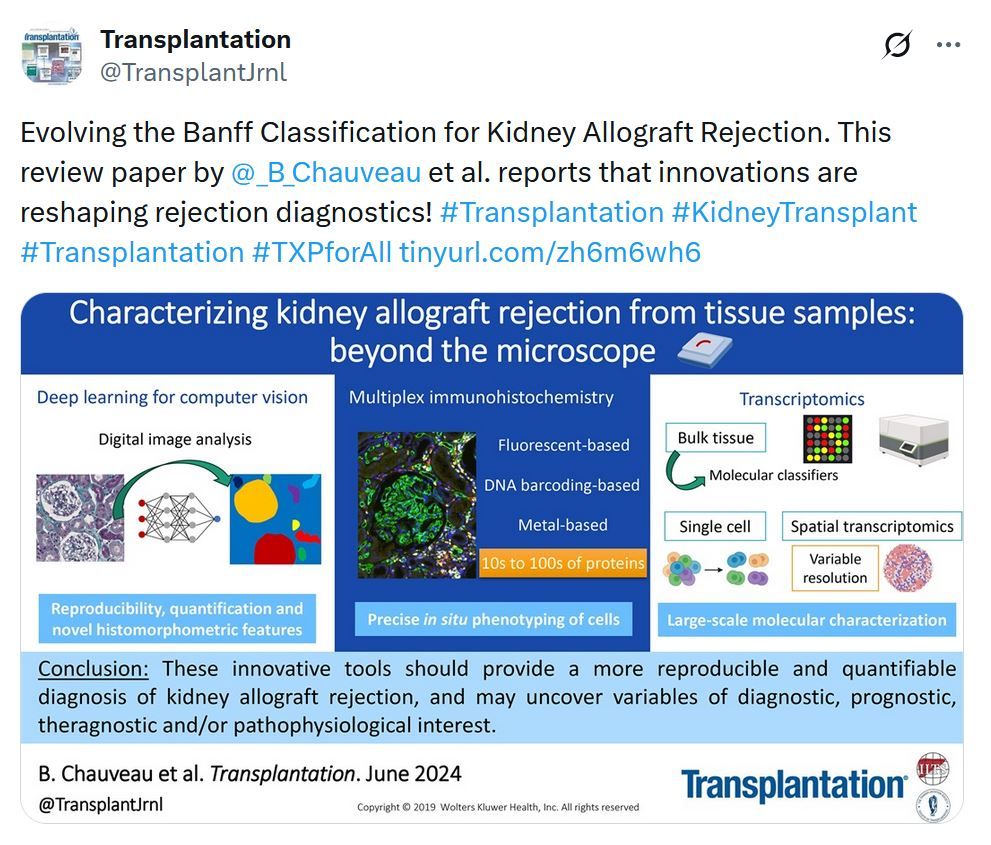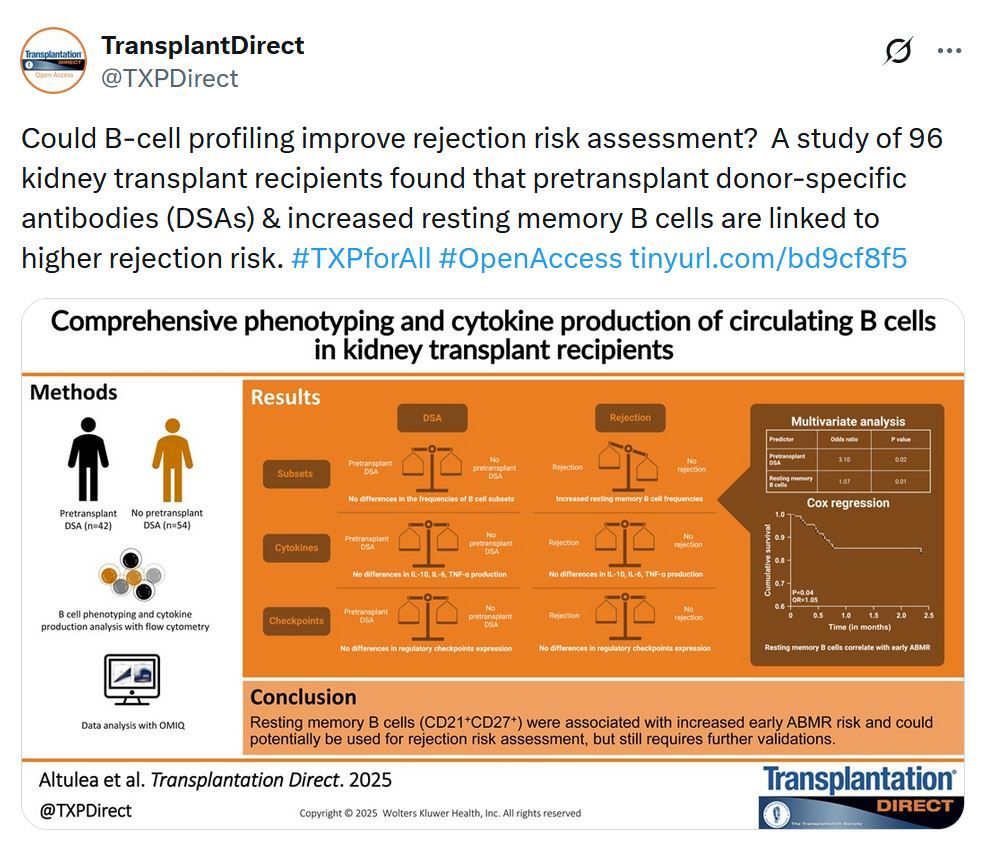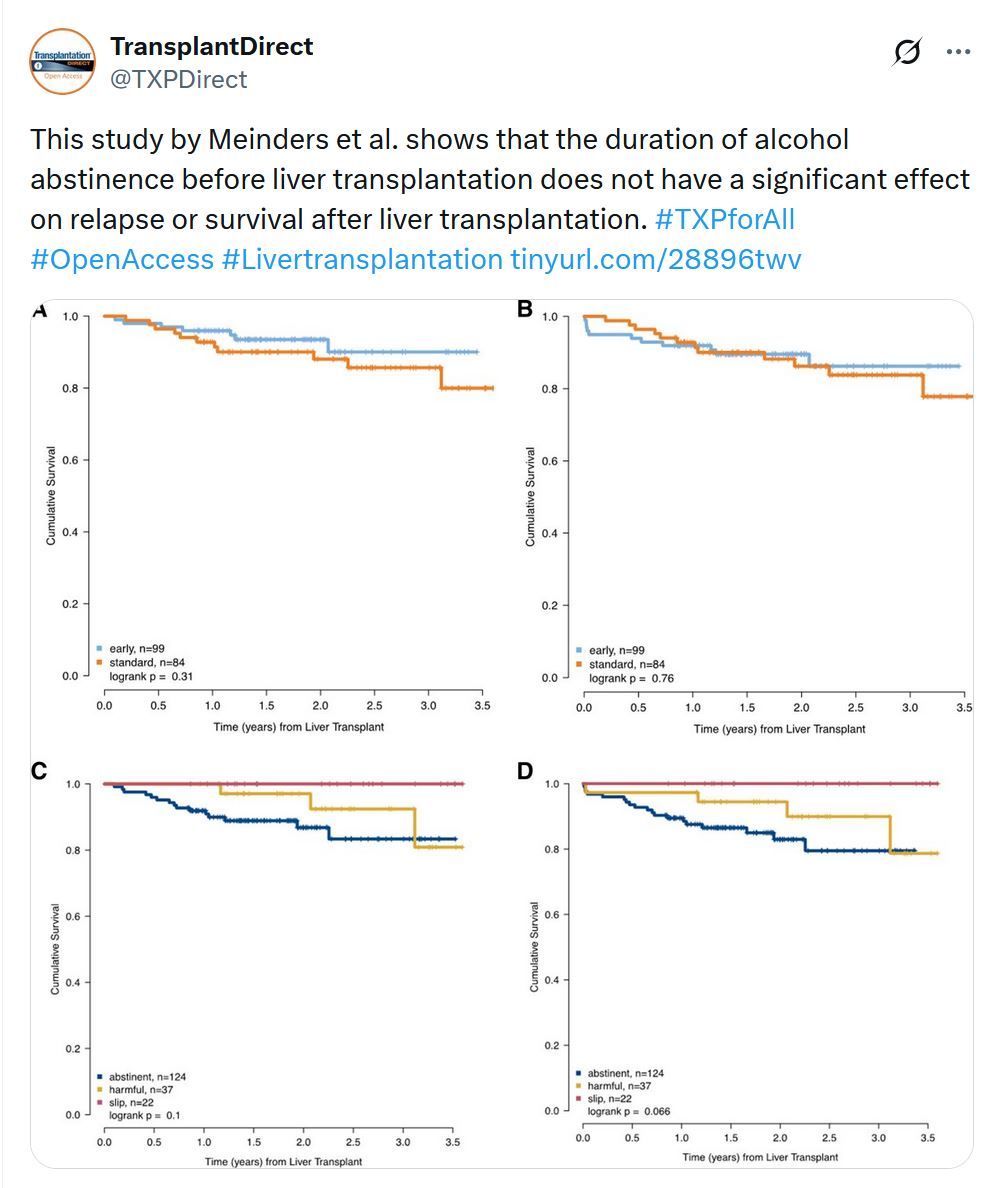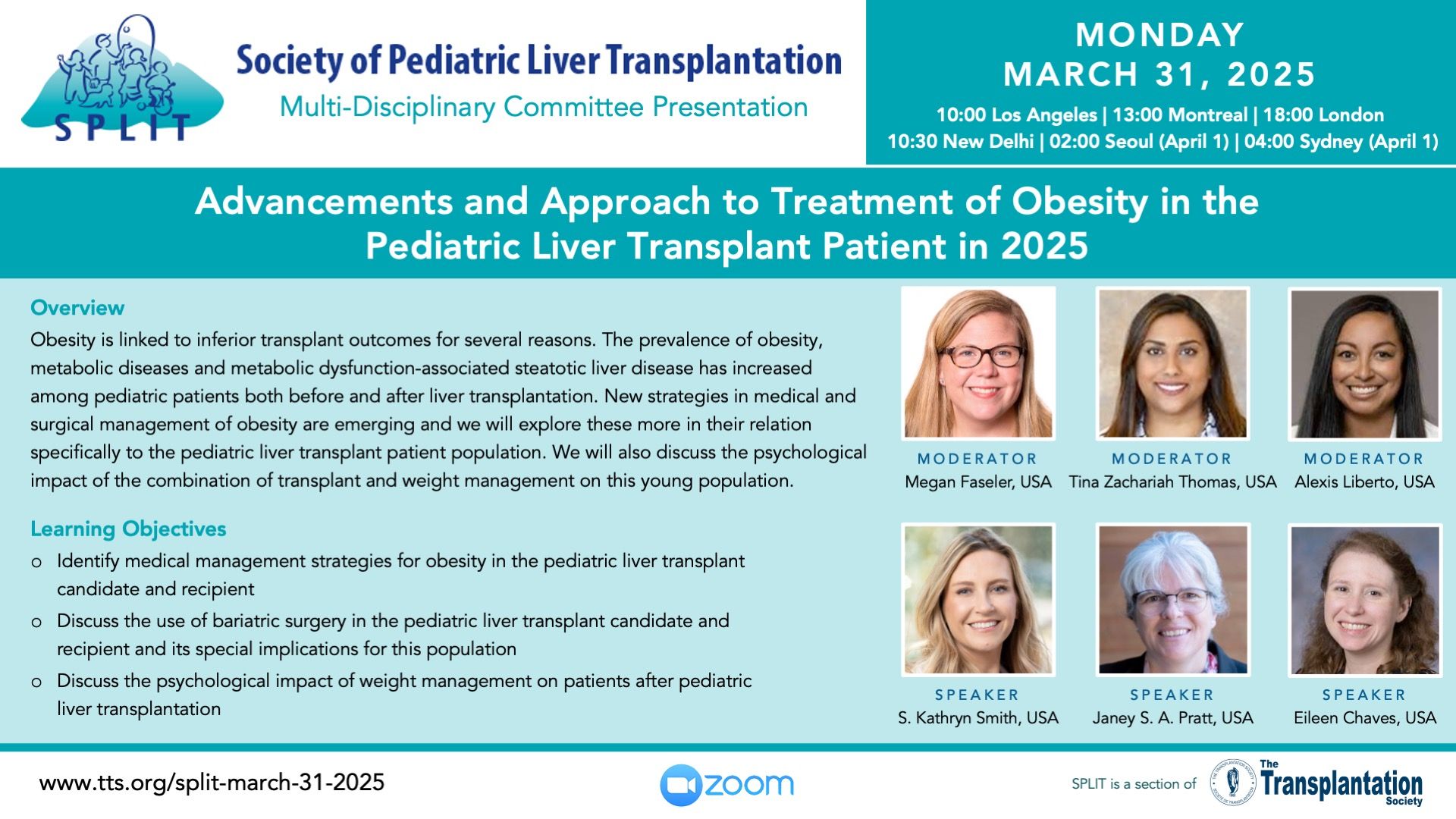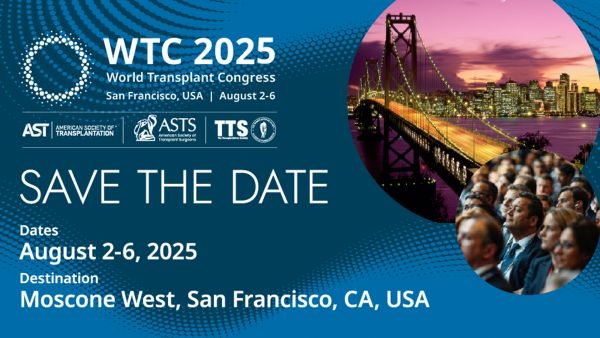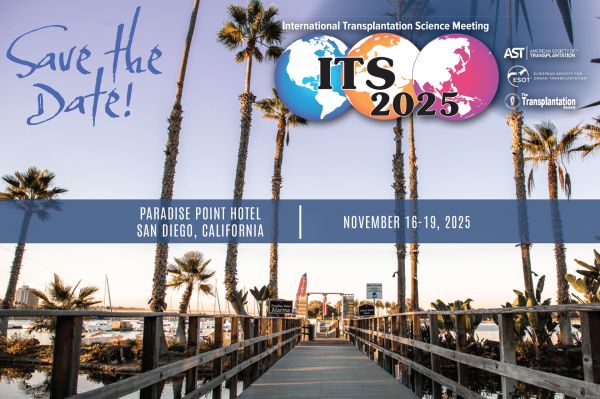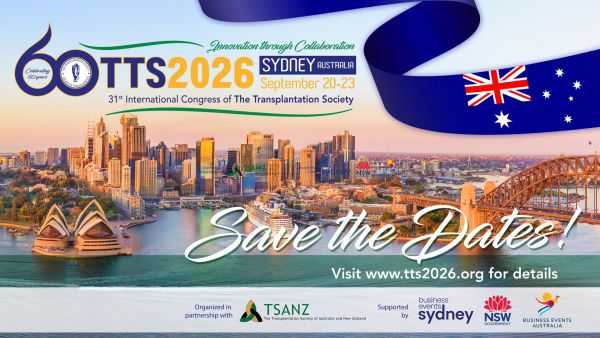
WTC Keynote Spotlight #3 - Dr. Borys Todurov

Monday, August 4, 2025 - 10:45 AM - 11:30 AM PDT
In a time of war, when most flee danger, he runs toward it — with a scalpel in hand and a team behind him. We are deeply honored to welcome Dr. Borys Todurov, one of the most courageous and visionary voices in cardiac surgery, as our Keynote Speaker at WTC 2025.
For over 35 years, Dr. Todurov has been at the forefront of transplant medicine in Ukraine — building institutions, training generations of surgeons, and saving lives. But in recent years, his operating room has been surrounded not only by monitors and instruments — but by air raid sirens and the threat of missiles.
Under extraordinary pressure, Dr. Todurov and his team have continued their mission:
-
Performing over 500 lifesaving operations for wounded soldiers.
-
Carrying out Ukraine’s first pediatric heart transplant and first heart-lung transplant — all while bombs fell around them.
-
Leading evacuations of critical patients under fire, ensuring not only survival, but dignity and care.
In his keynote, “Transplant Under Stress: Operating in a Warzone,” Dr. Todurov will share an unforgettable journey through medicine at the edge —where the human heart is both the organ under his scalpel and the metaphor for a nation refusing to give up.
This is More than a Lecture… It’s a Story of Science, Resilience, and Hope
Do Not Miss This Moment!
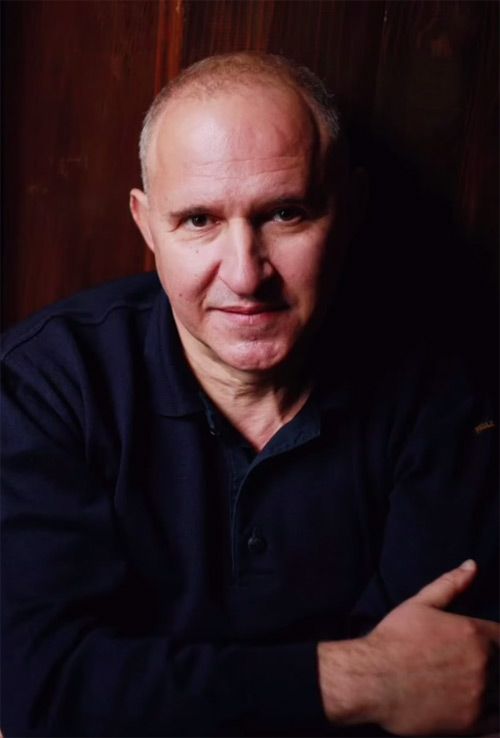
- Professor of Cardiac Surgery and CEO of the Kyiv Heart Institute
- Honored Medical Doctor of Ukraine and member of the National Academy of Medical Sciences
- A humanitarian who has performed heart surgery in Iraq, Egypt, Azerbaijan, and more
- A leader who performed the first heart transplant in Ukraine (2001) and continues to break new ground every year
Results - TTS By-Election for Councilor-at-large - Europe (2025-2026)

Marti Manyalich Vidal
Marti Manyalich Vidal, Spain
Dr. Marti Manyalich, MD, PhD, is a globally recognized specialist with decades of experience in the field of organ, tissue and cell donation for transplantation. In 1991 he founded the Transplant Procurement Management (TPM) program dedicated to empowering health professionals in donation and transplantation worldwide and President of the DTI Foundation (Donation & Transplantation Institute) a non-profit organization based in Barcelona with the aim to raise organ donation in the world to improve society’s quality of life by training health professionals in organ donation & transplantation, trough cooperation projects and consultancy.
Dr Marti Manyalich is also former Assessor on Transplantation at the Hospital Clinic de Barcelona, as well as professor of international Master in donation & Transplantation of organ tissues and cells at University of Barcelona. He has written many scientific publications and holds memberships in the most relevant international organizations in this field. As an example, he has been president of ISODP & ETCO, vice president of EATB and TTS European Councillor, honorary member of ESOT, among other positions and recognitions for his outstanding career."
We are pleased to announce that Dr. Martí Manyalich Vidal (Spain) has been elected as the new Councilor-at-Large for Europe following the recent by-election held in accordance with our bylaws. He will serve the remainder of the current term through September 23, 2026, succeeding Dr. John Forsythe.
Dr. Manyalich is a globally recognized expert in organ, tissue, and cell donation and transplantation. He is the founder of the Transplant Procurement Management (TPM) program and President of the Donation & Transplantation Institute (DTI Foundation). His distinguished career includes leadership roles across numerous international organizations and contributions to global education and policy in the field.
We thank all candidates and members who participated in this important election.
ISN-TTS Sister Centers Announcement
Technology in Medicine Spotlight - World’s smallest pacemaker is activated by light
Upcoming Webinar Presentations
Research Grants and Fellowship Programs
TID Best Practices Surveys
In Case You Missed It...
Contact
Address
The Transplantation Society
International Headquarters
740 Notre-Dame Ouest
Suite 1245
Montréal, QC, H3C 3X6
Canada
Используйте Вавада казино для игры с бонусом — активируйте промокод и начните выигрывать уже сегодня!


